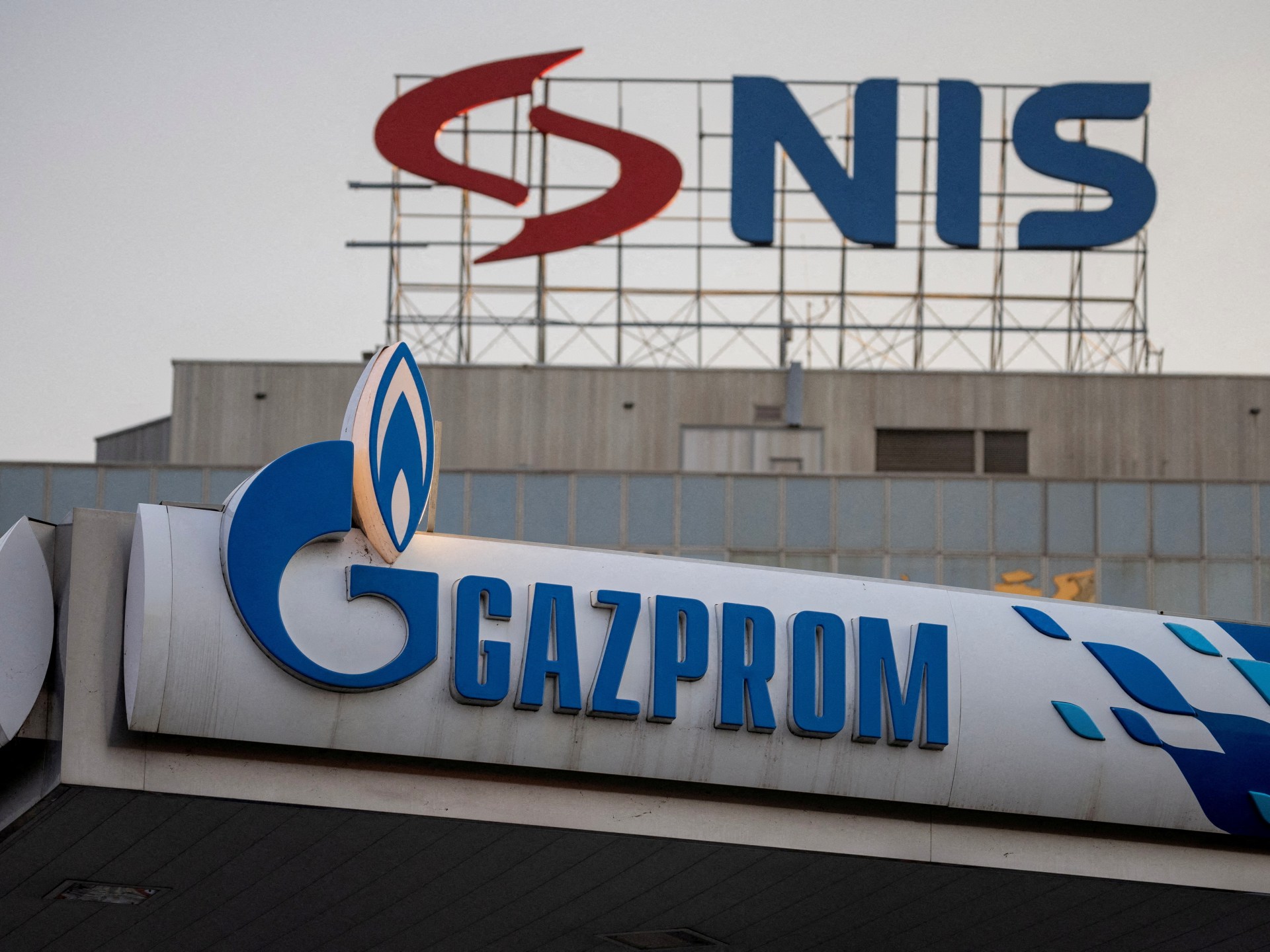Serbia's Oil Refinery Shutdown Looms as US Sanctions on Russian-Owned NIS Bite Amid Ukraine War Fallout
 Serbia
Geopolitics / Energy
Serbia
Geopolitics / Energy

Serbia's President Vucic warns its only oil refinery faces shutdown due to US sanctions on Russian-owned NIS. He gives Gazprom 50 days to sell its stake.
Serbian President Aleksandar Vucic has issued a stark warning: the nation's sole oil refinery, operated by the Petroleum Industry of Serbia (NIS), faces an imminent shutdown within four days unless the United States lifts sanctions imposed due to its majority Russian ownership. This critical development highlights the escalating pressure on Serbia as it navigates complex geopolitical tensions stemming from the Ukraine conflict.
Sanctions Squeeze Serbia's Energy Lifeline
NIS, majority-owned by Russian energy giants Gazprom and Gazprom Neft (holding a combined 56.2 percent stake), has been caught in the crosshairs of US sanctions. These measures, targeting Russia's oil sector and impacting NIS since October, have severed the crude oil supply to Serbia's vital Pancevo refinery. While not yet fully halted, the refinery is operating at a significantly reduced capacity.
President Vucic underscored the severe implications for Serbia, stating the country is in an “increasingly difficult position” with “no easy solutions.” He pointed out that sanctions intended for Russia are ultimately “hitting our country,” potentially disrupting supply lines and electricity production during the crucial winter months.
Ultimatum to Russian Owners
In a decisive move, Vucic announced a 50-day deadline for Gazprom and Gazprom Neft to divest their stakes in NIS. Should they fail to do so, the Serbian state is prepared to take over operations and present a buyout offer. This option, despite Vucic's known close ties with Moscow, underscores the dire necessity of securing Serbia's energy independence.
The US Treasury Department's Office of Foreign Assets Control (OFAC) initially imposed sanctions on Russia's oil sector in January but granted NIS repeated waivers. These waivers expired, and the sanctions fully took effect in October. This led to banks ceasing NIS payment processing and Croatia's JANAF pipeline halting crude deliveries, forcing Serbia to seek alternative, more costly, supply routes. Washington has set a February 13 deadline for Russian owners to find a buyer for their stake, pushing for complete divestment.
Economic Fallout and Contingency Measures
While Serbia currently possesses sufficient short-term fuel reserves, a complete shutdown of the Pancevo refinery would halt domestic production of petrol, diesel, and jet fuel, posing a significant threat to the national economy. NIS confirmed it has initiated preparations for a shutdown, placing the refinery on “hot standby” to enable a swift restart once crude oil availability is secured. The company affirmed its commitment to maintaining uninterrupted fuel supply to the domestic market through existing stocks.
The Serbian central bank has also weighed in, stating it would cease all payment transactions for NIS if the company's operating license is not extended, further tightening the noose around the firm. The current ownership structure sees Gazprom Neft holding 44.9 percent, Gazprom 11.3 percent, the Serbian state 29.9 percent, and the remainder held by small shareholders. The escalating situation underscores the intricate web of geopolitics, energy security, and economic stability facing Serbia.